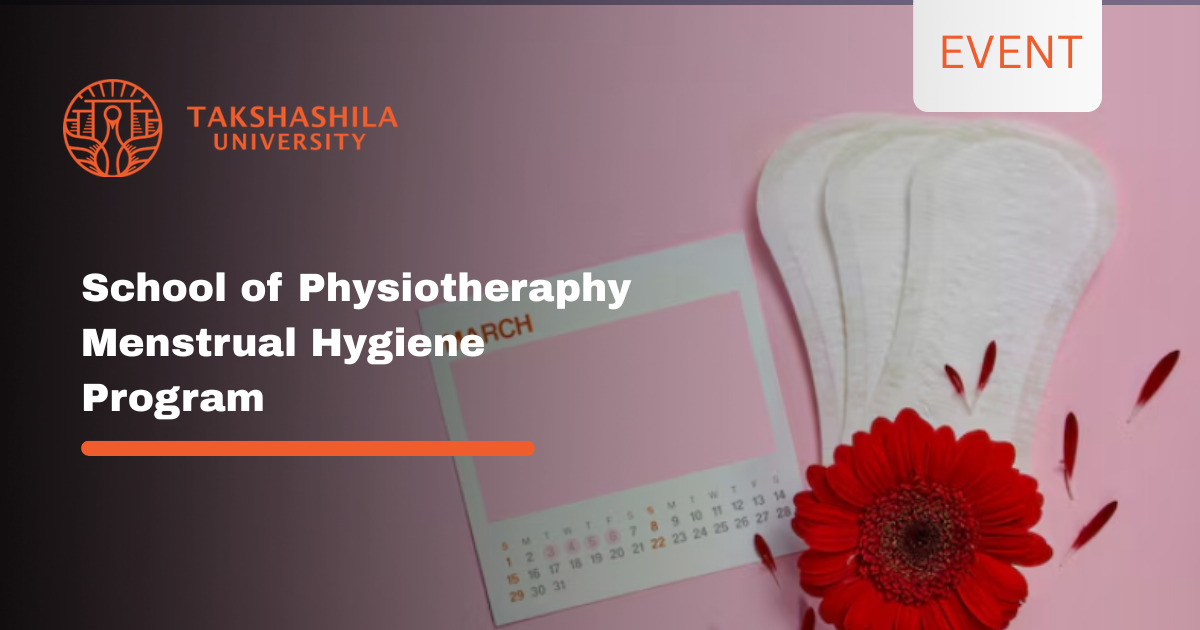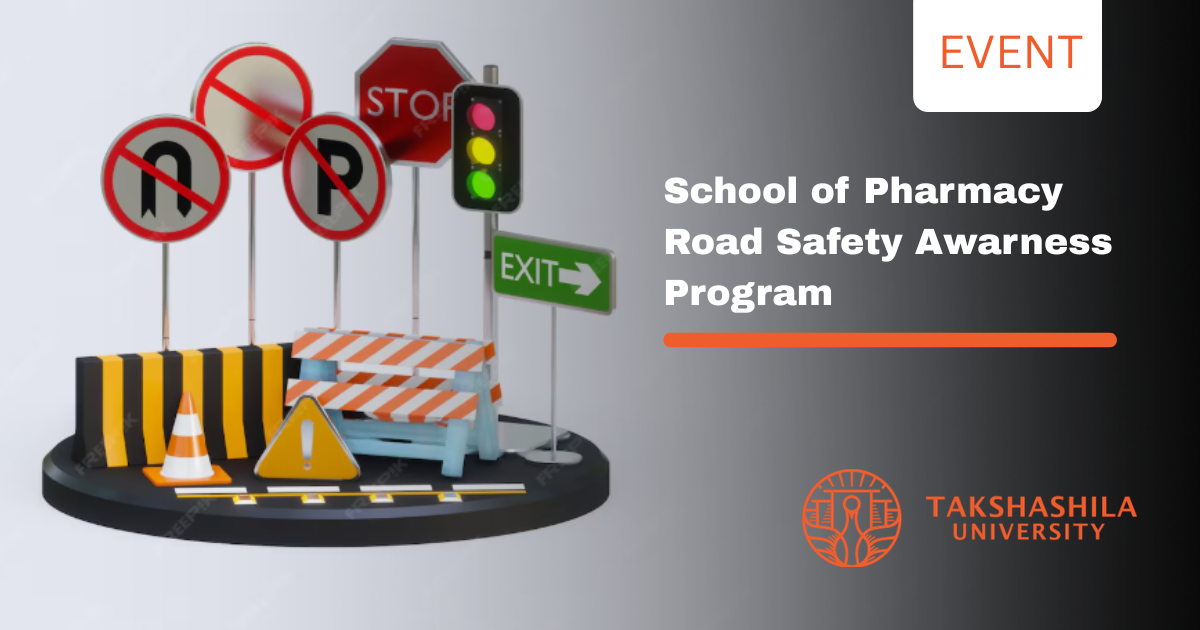Are you going to be a graduate anytime soon? Congrats, you made it. But wait, that’s not enough. It’s just an entry to a crucial phase of your life. Why is it so? It is because this is when your transition from a student to an employee happens. You must prepare, upskill yourself for the job market, and become a ready-to-hire candidate during placements.
We understand it can be daunting initially, and you may wonder and get perplexed about what exactly employers look for in college graduates and how to impress them to get a job.
To thrive in the working world, you need certain things more important than your college degree and grades. What are they?
In this blog, we will give clarity to all your doubts. By the end of this comprehensive guide, you will have an idea to become well-rounded individuals that employers hunt for.
So, why wait? Let’s get started!

What Do Employers Look for in College Graduates?
During the interview process, let’s explore what employers look for in fresh candidates.
1). Technical Skills
Of course, your technical abilities are the first things employers note to check if you align with the position they offer. Hence, exceptional technical skills relevant to your field of study is essential. You should be well-versed with the theories, concepts, and practices specific to your major.
You must highlight these competencies on your resume and explain them to the recruiters during the interview process. You should also make your employers understand that you are committed to growing your skills over the long run.
For example, a CSE engineering graduate should have technical prowess in software proficiencies, coding languages, etc.
2). Soft Skills
Technical expertise alone is not everything employers look for in the employees. Though it is essential for your job performance, it will not help distinguish your profile from the rest. So, what’s needed? Skills related to professional behaviour and interactions. Take a look at the soft skills we have listed below for your reference.
Here are 10+ soft skills to master!
A. Communication skills
| Ability to explain technical concepts and theories to non-technical colleaguesWrites well-structured emails and reportsSpeaks confidently during presentations and meetingsActively listens to others and asks clarifying questions |
You should be able to convey your ideas clearly through speaking, writing, and active listening in your job. Employers always seek candidates who communicate effectively with colleagues, clients, and other stakeholders. You can even market yourself well during the interviews with impeccable communication skills.
B. Leadership Abilities
| Took the initiative to lead a group project and delegated tasks effectivelyMentored junior classmates and helped them succeedHeld a leadership role in a student organization |
Employers always look for employees who can work well in a team, take up leadership roles when required, and help empower and motivate others to achieve a task. Employers seek someone who possesses a desirable quality that shows initiative.
C. Teamwork and Collaboration
| Works cooperatively with teammates, respects different viewpointsHelps motivate and support others to achieve shared goalsFacilitates compromise when there are disagreements |
Employers want candidates who can collaborate with their teams and across departments. The graduates should appreciate their team’s opinions and also diverse perspectives. They should help foster an inclusive and creative work environment.
D. Problem-solving Abilities
| Analysed an issue at the previous internship, developed solutions, and saw them throughTroubleshoots technical glitches independently and finds root causesApproaches ambiguous problems logically and considers multiple angles |
Employees regularly encounter problems that impede goals. So, employers look for candidates who can analyse issues critically and develop and execute innovative solutions. They also prefer someone who can solve problems independently when issues arise and help drive projects forward.
E. Time Management
| Completes assignments ahead of deadlines while juggling a course load and jobPrioritises tasks and re-evaluates priorities as neededUses a planner or calendar to track commitments |
Employers always seek someone who can meet deadlines, manage time efficiently, and have the capacity to juggle multiple tasks without compromising quality.
F. Critical Thinking
| Questions assumptions to reach well-reasoned conclusionsConsiders the pros and cons of options before deciding on a course of actionAdjusts perspectives based on new evidence or information |
As said, obstacles are regular for professionals. Employers look for candidates who will approach such challenges with a thoughtful and analytical mindset. Also, critical thinking is not just problem-solving but also the ability to analyse the issue and information available, evaluate its validity, and make informed decisions.
G. Analytical and Quantitative Skills
| Conducted data analysis for a research paper and drew insightful findingsProficient with Excel, SQL, or other tools for organising and interpreting dataApplies mathematical or statistical analysis to solve quantitative problems |
Employers across various industries are increasingly looking for candidates proficient in data analysis and numerical reasoning. It is believed that graduates with a strong analytical foundation will contribute to making data-driven decisions.
H. Strong Work Ethic
| Reliably completes tasks thoroughly and on time without excusesSelf-motivated to take on additional responsibilitiesLearns from mistakes and seeks feedback to improve |
Employers seek candidates who demonstrate dedication, diligence, and a commitment to excellence. They look for employees who are willing to go above and beyond, displaying a strong work ethic that has a positive impact on the overall productivity of the team.
I. Interpersonal Skills
| Builds rapport easily, respects others, and makes them feel heardMediates disagreements tactfully and brings people togetherAdapts communication style based on the audience |
Employers look for tactful and mature candidates who connect well with colleagues.
This is because navigating workplace relationships requires emotional intelligence, and people with strong interpersonal skills are a perfect fit to create a positive and collaborative work environment. Graduates should train themselves to build relationships, resolve conflicts, and foster a supportive workspace culture.
J. Organisational Skills
| Manages multiple projects simultaneously using task lists and deadlinesFiles paperwork and notes systematically for easy future referenceKeeps workspaces tidy and organised |
Employers always look for candidates who need not be spoon-fed and carry out organised, prioritising tasks and managing responsibilities effectively. Organisational skills go beyond keeping their workspace clean and tidy and encompass the ability to streamline processes for increased efficiency.
K. Strategic Planning Skills
| Developed a multi-year plan to achieve academic and career goalsConsiders long-term impacts of decisions and alternative scenariosSets measurable objectives and milestones |
Employers look for candidates who foresee potential challenges and are ready to contribute to long-term strategies. Thinking ahead and planning for the future, keeping the company’s growth in mind, is highly valued by employers and in dynamic work environments.
L. Amiable and Outgoing Personality
| Makes others feel comfortable through a friendly, approachable demeanorInitiates conversations to network and build new connectionsEnjoys collaborating and motivating people |
Employers look for candidates who can contribute to a positive workplace culture by demonstrating a positive and friendly demeanour, bringing a sense of warmth and approachability. This helps create a conducive environment for collaboration and creativity.
M. Creativity
| Designed an innovative solution for a class project using unconventional ideasWrites or performs artistic works such as music, design, or playsApproaches problems from new perspectives and thinks “outside the box.” |
You will not get hired if you are one among the sheep. You should think outside the box and bring innovative ideas to the table to thrive in a competitive work environment. Employers highly appreciate it if the candidates are excellent artistic endeavours and problem-solvers, help improve processes, and find novel approaches to challenges.
3). Practical Experience
Students should understand that classroom learning cannot match on-the-ground experience in the real work environment. Hence, to get hands-on training, they should do internships, part-time work, or volunteer work during their college days. Other professional exposure, like collaborative research or extracurricular projects, is better, too.
It is invaluable because employers, when looking for freshers, highly appreciate candidates with practical work experience and shortlist them because of their industry exposure.
Students who get real-time work experience develop soft skills in the work environment, like business communication, learning workspace etiquette, exploring career opportunities, and building their network before fully committing.
Always seek opportunities for hands-on training through projects, research, or jobs while in college.
Even if you don’t secure a formal and official internship or part-time job, you can pursue job shadows and informational interviews, assist in projects with working professionals, attend local hackathons, etc. It goes well on your resume/CV, too!
4). Adaptability and Continuous Learning
Job markets are evolving rapidly due to new technologies, business needs, and societal shifts. Employers actively seek candidates who embrace adaptability and continuous learning for growth opportunities. They want employees who commit to ongoing learning as skills become outdated more quickly.
While interviewing, students should highlight their intellectual curiosity and love for mastering new concepts. You should also convey that you are open to welcoming tough assignments that stretch your capabilities.
This makes the employers understand that you are not expecting your degree alone to take you through your whole career, but rather, you are willing to embrace constant skill-building.
5). Networking and Professionalism
Unless it’s college placement, it is difficult for graduates to get a job. This is because most available jobs aren’t advertised publicly. This is when employee referrals and backchannel networking help. You can start building relationships with your alumni, who can refer you for opportunities, coach you on positioning, or provide insider application tips.
When prepping for an interview, be professional in your documents, correspondence, interview attire, references, and other materials. Your attention to detail and etiquette also creates a positive impression and shows your readiness for primetime. This gives them a better impression of you than other candidates.
Takshashila University prepares you to be a job-ready candidate!
Takshashila University understands the evolving needs of the job market and continuously equips its students with a holistic skill set. The university’s curriculum not only gives importance to technical proficiency but also emphasises developing essential soft skills that play a crucial role in professional success.
Takshashila University ensures its students receive hands-on training, applying theoretical knowledge to practical scenarios. It provides various opportunities for students to gain real-world experience, where they can emphasise the practical application of both technical and soft skills.
Takshashila University is not just a place of academic learning but a dynamic environment fostering personal and professional growth.
Conclusion
Prepping for job hunting can be overwhelming, but not impossible. By cracking what employers look for in college graduates, you can easily land your first job. Keep upskilling your technical and soft skills and get practical experience to be a job-ready candidate.
Frequently Asked Questions (FAQs)
1. What are the most important skills employers look for in fresh graduates?
Apart from technical skills, the other top skills employers prioritise are communication skills, leadership abilities, teamwork, problem-solving, and a strong work ethic.
2. How can graduates get practical work experience before graduating?
Students can sign themselves up for internships, part-time jobs, volunteering, collaborative research projects, hackathons, and more. Hands-on training is crucial to get industry exposure.
3. What soft skills should graduates focus on developing?
Some core soft skills graduates should focus on developing are communication, leadership, collaboration, time management, critical thinking, adaptability, and networking.
4. How important are technical skills for freshers?
Technical skills are crucial for analysing whether the applicant qualifies for the job description for the position offered. Soft skills are required to check the workplace fitment.
5. How can graduates showcase problem-solving abilities?
In the interview, graduates can highlight the problems they encountered and solved during their internship, part-time jobs, etc. They should narrate their analytical approach, solutions tested, challenges faced, and lessons learned.






